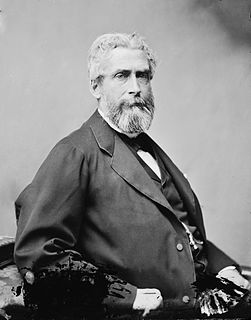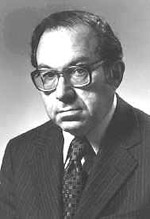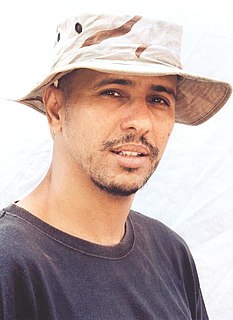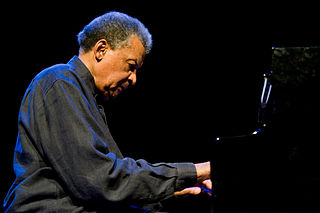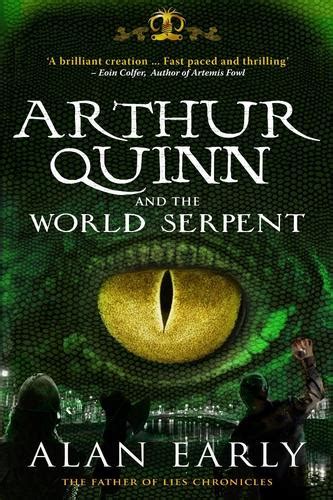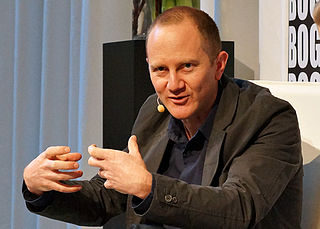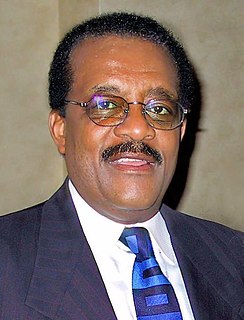A Quote by John Lothrop Motley
In Gaul were two orders, the nobility and the priesthood, while the people, says Caesar, were all slaves.
Related Quotes
As the Nazi regime developed over the years, the whole structure of decision-making was changed. At first there were laws. Then there were decrees implementing laws. Then a law was made saying, ‘There shall be no laws.’ Then there were orders and directives that were written down, but still published in ministerial gazettes. Then there was government by announcement; orders appeared in newspapers. Then there were the quiet orders, the orders that were not published, that were within the bureaucracy, that were oral. And finally, there were no orders at all. Everybody knew what he had to do.
It's always intrigued me that amidst the group called slaves there were individuals who were extremely able, who were extremely colorful, who were powerful personalities, who by no means fit the usual images of slaves. They were people who, through their personalities and abilities, were very respected in the community where they lived by both black and white.
We have got to be watchful, for I tell you God has sent us here to test us and to prove us. We were true in keeping our first estate. The people that are here today stood loyally by God and by Jesus and they did not flinch. If you had flinched, then you would not be here with the Priesthood upon you. The evidence that you were loyal, that you were true, and that you did not waver is to be found in the fact that you have received the Gospel-and the everlasting Priesthood.
The omission of an expected conjunction is called an asyndeton. Caesar is supposed to have said about Gaul: I came, I saw, I conquered. Lincoln concluded the Gettysburg Address, That government of the people, by the people, for the people, shall not perish from the earth.Caesar seems to have omitted his conjunction to speed things up; he is emphasizing how quickly the conquest of a place follows from its being sighted by a great and ambitious general. Lincoln's omission is more subtle
But I have to confess, I'm glad you two had at least a few months of happiness together." I'm not glad," says Peeta. "I wish we had waited until the whole thing was done officially." This takes even Caesar aback. "Surely even a brief time is better than no time?" Maybe I'd think that, too, Caesar," says Peeta bitterly, "If it weren't for the baby.
As a Catholic, you can have two views on capital punishment. You can think, let Caesar do what Caesar needs to do, and the law says you can impose capital punishment, so you impose it. You can [also] be a Catholic who says we can't kill, we can't kill babies and we can't kill adults. If you let a decision be driven by your personal views, then you are not doing what a judge needs to do, which is enforce the laws of the society that you are in. But you can control your own behavior, and that is the choice that the church and God gives us - what kind of people are we going to be.
Being an adult child was an awkward, inevitable position. You went about your business in the world: tooling around, giving orders, being taken seriously, but there were still these two people lurking somewhere who in a split second could reduce you to nothing. In their presence, you were a big-headed baby again, crawling instead of walking.
